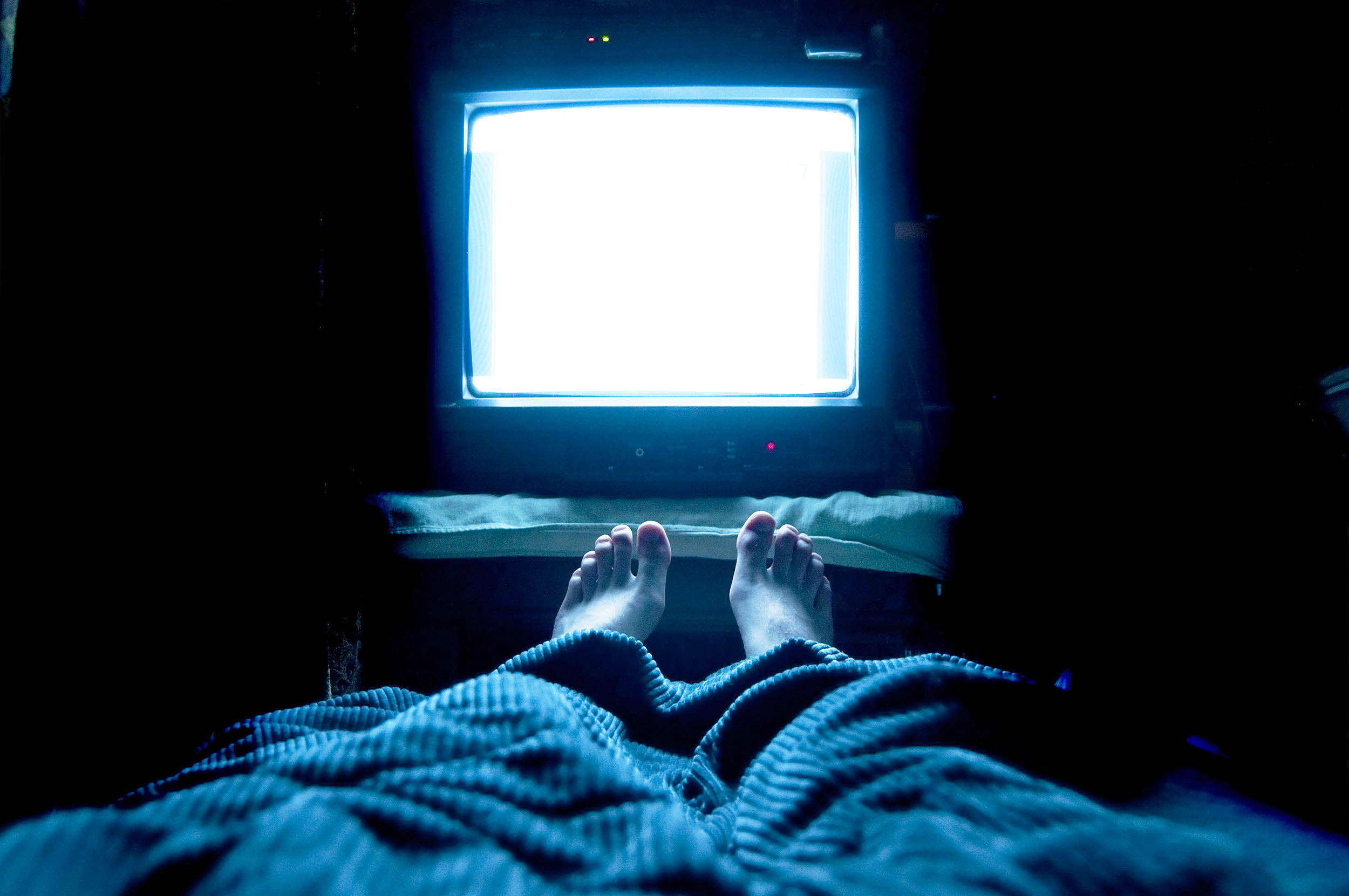T4K3.news
Research links bright night lights to heart issues
New study finds bright lights at night significantly increase heart disease risks among adults.

Research shows that bright nighttime lighting significantly increases heart disease risks.
Bright lights at night linked to heart health risks
New research indicates that exposure to bright lights at night is closely associated with increased risks of heart disease. In a study involving over 88,000 adults, scientists from Flinders University tracked nearly 13 million hours of wrist-sensor data over eight years. The findings revealed a 23 to 56 percent increase in conditions like coronary artery disease and heart attacks among those exposed to bright lighting in their bedrooms after midnight. This disruption to sleep patterns, particularly among women and young adults, uncovers serious implications for cardiovascular health.
Key Takeaways
"This is the biggest study of personal light exposure patterns and cardiovascular health to date."
This highlights the significance of the research findings.
"The importance of these observations cannot be understated."
Martin Young emphasizes the relevance of light exposure on heart health.
The link between bright lights at night and heart health presents a growing concern for public health. With many individuals living in urban settings with constant exposure to artificial lighting, the need for awareness about the impact of light on our biological clock is critical. As sleep becomes increasingly compromised in 24-hour societies, proactive measures, such as reducing bedroom light exposure, emerge as necessary for maintaining heart health. The call for urban planners and health guidelines to consider nighttime light exposure reflects changing attitudes about what constitutes a healthy living environment.
Highlights
- Bright lights at night could be dangerous for your heart.
- Women under bright lights face heart risks similar to men.
- Protecting your sleep is essential for heart health.
- Artificial lighting is a silent threat to cardiovascular well-being.
Health risks linked to nighttime lighting
Exposure to bright lights at night raises significant health concerns, particularly for heart disease. With growing evidence, the impact on cardiovascular health could prompt public health changes and urban planning considerations.
Adjusting our nighttime environments may be essential for better heart health moving forward.
Enjoyed this? Let your friends know!
Related News

New study links sleep quality to heart disease in women

New studies explore sunlight benefits for health

Caffeine reduces sleep quality in afternoon intake

Daily Habits May Raise Dementia Risk

Recognize Signs of Magnesium Deficiency

Dairy intolerance may lead to night terrors

Study links Pfizer COVID vaccine to eye damage

Research links tattoos to increased cancer risk
